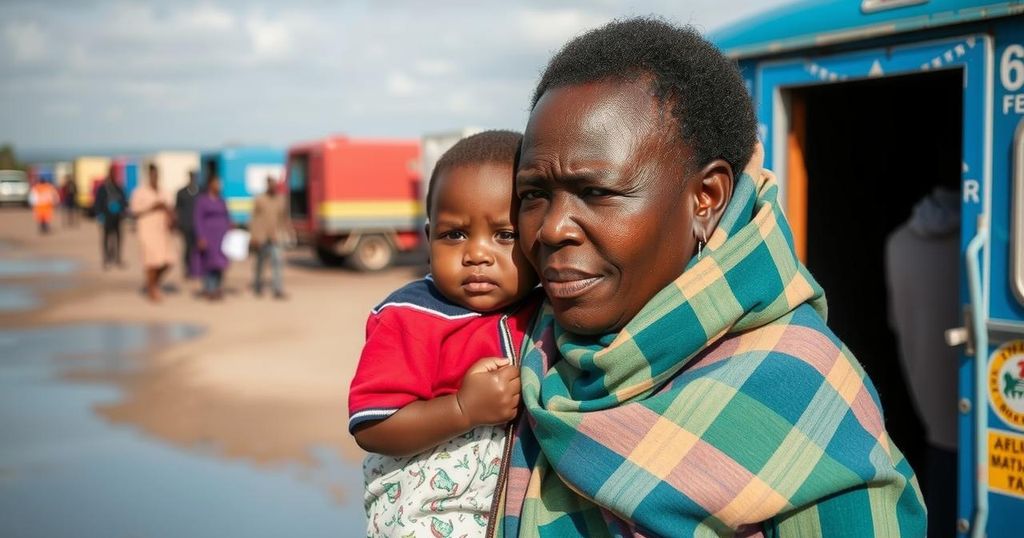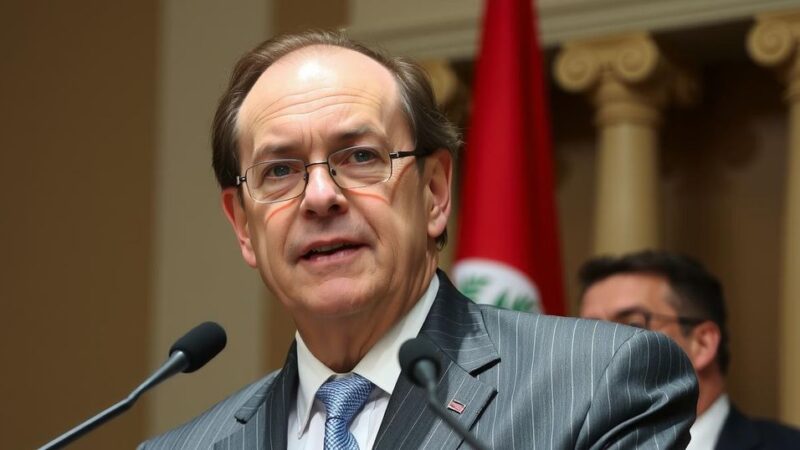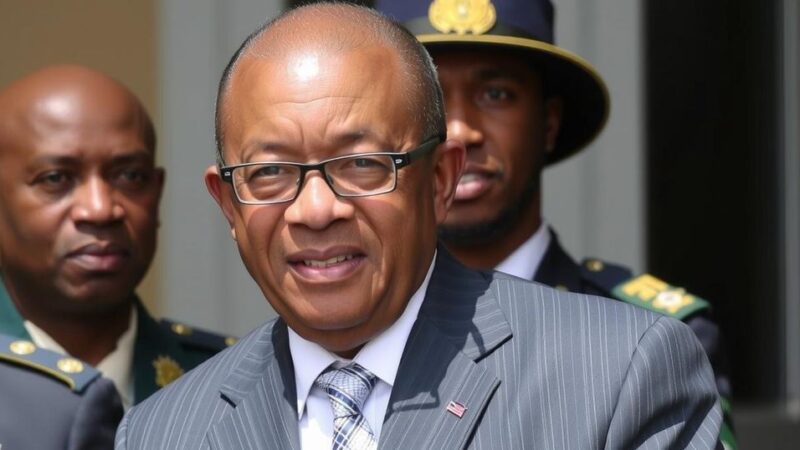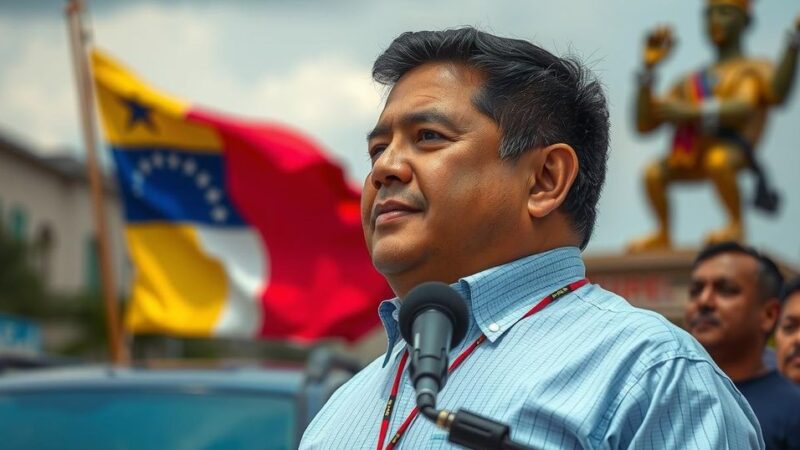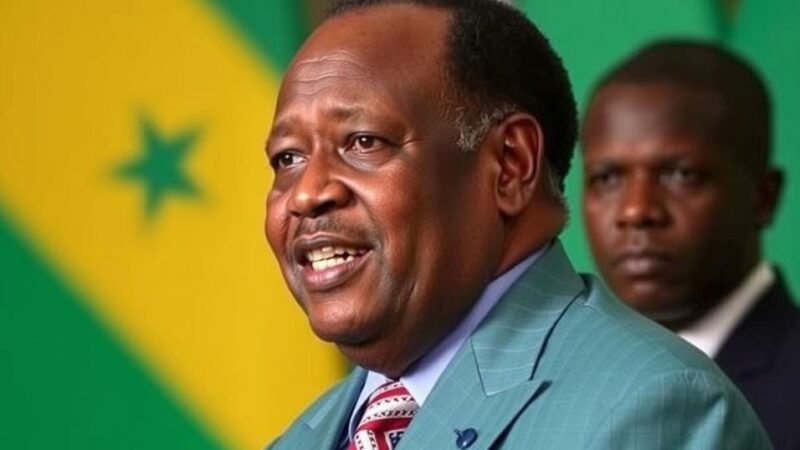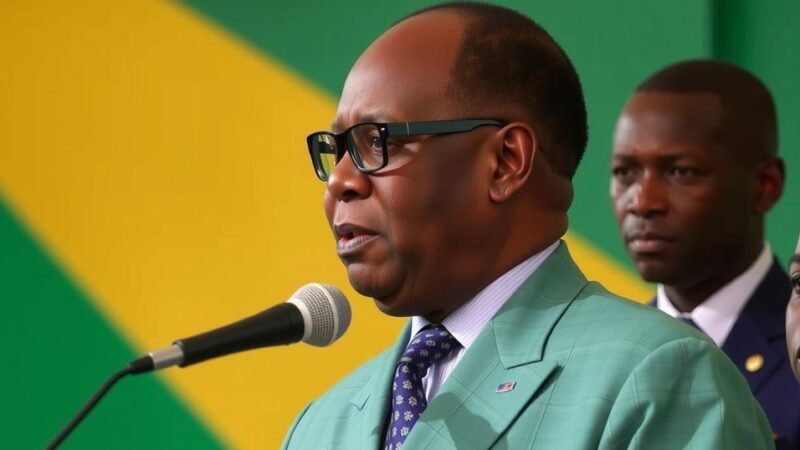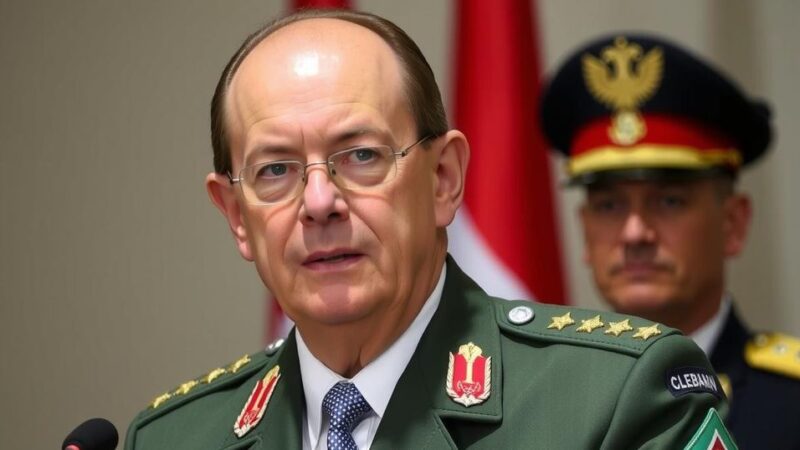Malawi has seen an influx of around 13,000 refugees fleeing post-election violence from Mozambique. Manase Madia, among the refugees, has witnessed severe unrest resulting from disputed election results. The Malawian government, amid its own food shortages, is partnering with organizations to provide support for the refugees, while local communities have shown remarkable solidarity despite their own challenges.
On a sunny afternoon, Manase Madia, a 50-year-old Mozambican man, displays his identity card, a symbol of pride that has now become laden with uncertainty. In recent weeks, Madia has witnessed violent acts, including the destruction of homes and looting of businesses, including his own. Fearing for his family’s safety, which is now scattered, he is one of approximately 13,000 individuals who have fled to Malawi to escape the escalating post-election violence in Mozambique. This influx of refugees harks back to the civil war era in the 1980s and 1990s, when nearly a million Mozambicans sought shelter in Malawi.
Following the October 11 election, where Daniel Chapo of the ruling Frelimo party emerged victorious over Venâncio Mondlane of the opposition, Mozambique has experienced continuous protests and violent unrest. The violence intensified after the constitutional council upheld the election results in December, transforming political protests into widespread looting, particularly targeting affluent individuals like Madia.
Having been warned of a pending attack, Madia managed to escape with his wife and one child. He described how marauding gangs, armed with machetes, descended upon their community, threatening lives and belongings indiscriminately. While his family found temporary safety, many of his relatives remain in hiding, uncertain of their fate.
The journey to Malawi has been perilous for many. Some refugees undertook a nearly 30-mile trek with nothing but the clothes on their backs. Despite facing severe food shortages themselves, the Malawian populace has welcomed the refugees, sharing a common language and culture. The Malawian government, grappling with its own crisis after a significant drought, has declared a state of disaster and appealed for international assistance.
Local authorities, in collaboration with organizations such as the UN Refugee Agency, are working diligently to establish shelters and provide necessities for the refugees. Judith Fukizi, from the Red Cross initiative, is helping families reconnect amid the chaos. Reports of children being separated from their parents highlight the humanitarian needs arising from this crisis.
Hilda Katema Kausiwa of the Ministry of Homeland Security expressed concerns about health conditions among the refugees and advocated for adequate resources to meet their needs. As Malawi allocates land for refugee settlement, increased support is urgently needed amid growing demands.
Advocates like Mike Dansa emphasize the importance of responding to both the needs of refugees and host communities in these challenging times. He stresses the necessity for sustainable interventions to address the long-term consequences of displacement, indicating a pressing need for strengthened humanitarian systems and resource allocation.
The current situation in Malawi is marked by a significant influx of refugees from Mozambique due to violent post-election unrest. The election held on October 11, 2023, resulted in accusations of electoral malpractice and the outbreak of violence, leading many Mozambicans to flee for safety. This situation mirrors a historical precedent from the civil war years when a substantial number of Mozambicans sought refuge in Malawi after experiencing similar violence and persecution. The refugee crisis poses humanitarian challenges not only for the incoming individuals but also for the Malawian host communities, which are currently facing their own food insecurity and resource strains due to a severe drought.
The recent surge of Mozambican refugees escaping violence highlights critical humanitarian needs and the historical ties between Malawi and Mozambique. While efforts are ongoing to provide shelter and support for these displaced individuals, the situation remains precarious, necessitating immediate international support to ensure both refugees and host communities can cope with the escalating demands. Advocacy for sustainable solutions is essential to address this humanitarian crisis effectively, whereby the welfare of refugees and local populations is balanced and prioritized.
Original Source: www.theguardian.com

